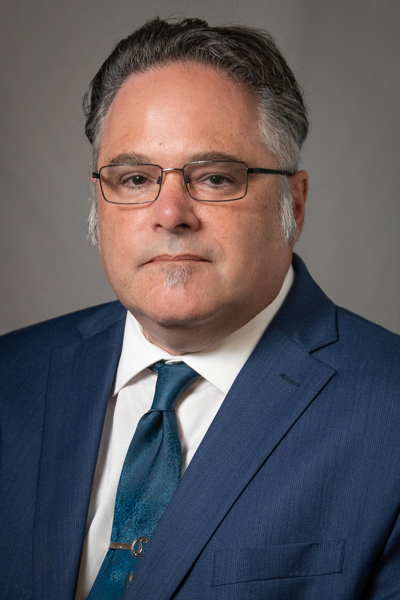Funding Summary
Dr. Reiter has used stem cells derived from baby teeth to look at differences in how PWS neurons in a dish develop compared to typical neurons. He has found changes in circadian rhythm and timing of development. Year 2 work will focus on ‘rescuing’ these characteristics by delivering different PWS-region genes to the cells.
Dr. Theresa Strong, Director of Research Programs, gives additional details of this project in this short video clip.
Lay Abstract
One of the most difficult things to do in research is to effectively model a syndrome in the laboratory. We have taken a unique approach to modeling PWS by using shed (or baby) teeth from children with PWS to create neurons for studies in the lab. The advantage is that we can now investigate what goes on in everyone with PWS in terms of defects in development or gene expression in actual neurons from that person over time. Here we are using a relatively new method called single cell sequencing that allows us to discover differences in expression in individual neurons from the PWS subject, instead of looking collectively at average expression changes across many neurons. We found that we can detect developmental delay in PWS neurons compared to neurotypical control subjects using this approach. If we can find a set of genes regulating development that are either not going down or not going up in expression during our 6-week neural maturity period, we can use these as markers of the neuronal defect in PWS. We can also target these individual genes or pathways that these genes are involved in for therapeutic interventions. Here, we will try rescue these changes in expression using MAGEL2 and SNORD116 constructs, two genes in the PWS deletion region suspected to be involved in the PWS phenotypes. Thanks to the FPWR families, we now have a large collection of PWS dental pulp stem cell lines to make into neurons (over 40 individuals). We can use these lines to confirm our findings in multiple subjects with PWS, and in the end, determine if these markers can be used to characterize the developmental delay we see in our model. These studies will lay the foundation for either gene therapies using MAGEL2/SNORD116 or pharmaceutical interventions to release the developmental blocks we found in PWS neurons.
Funded Year:
2024
Awarded to:
Larry Reiter, PhD
Amount:
$87,480
Institution:
Tulane University
Researcher:

Larry Reiter, PhD




